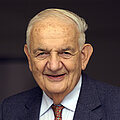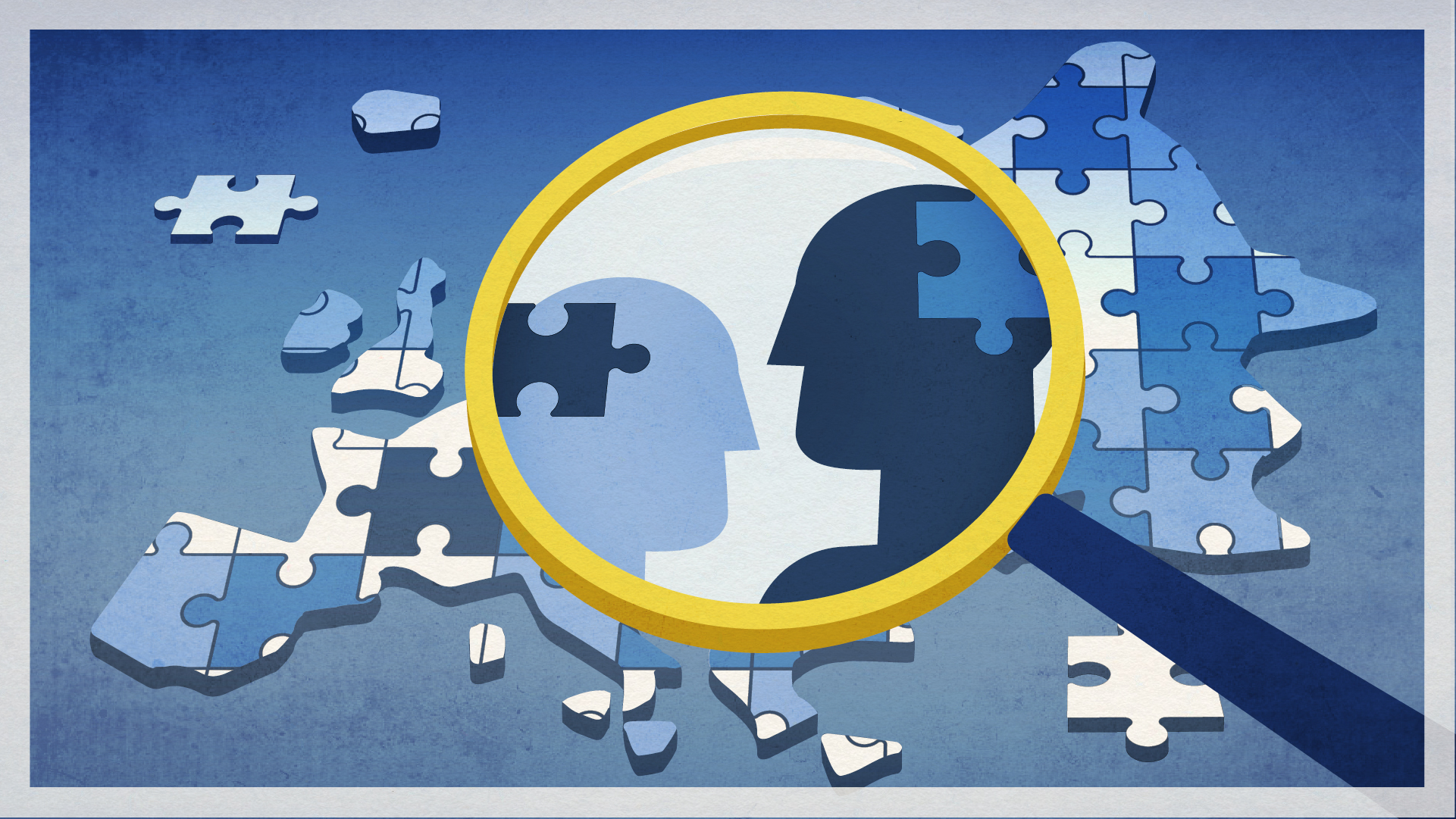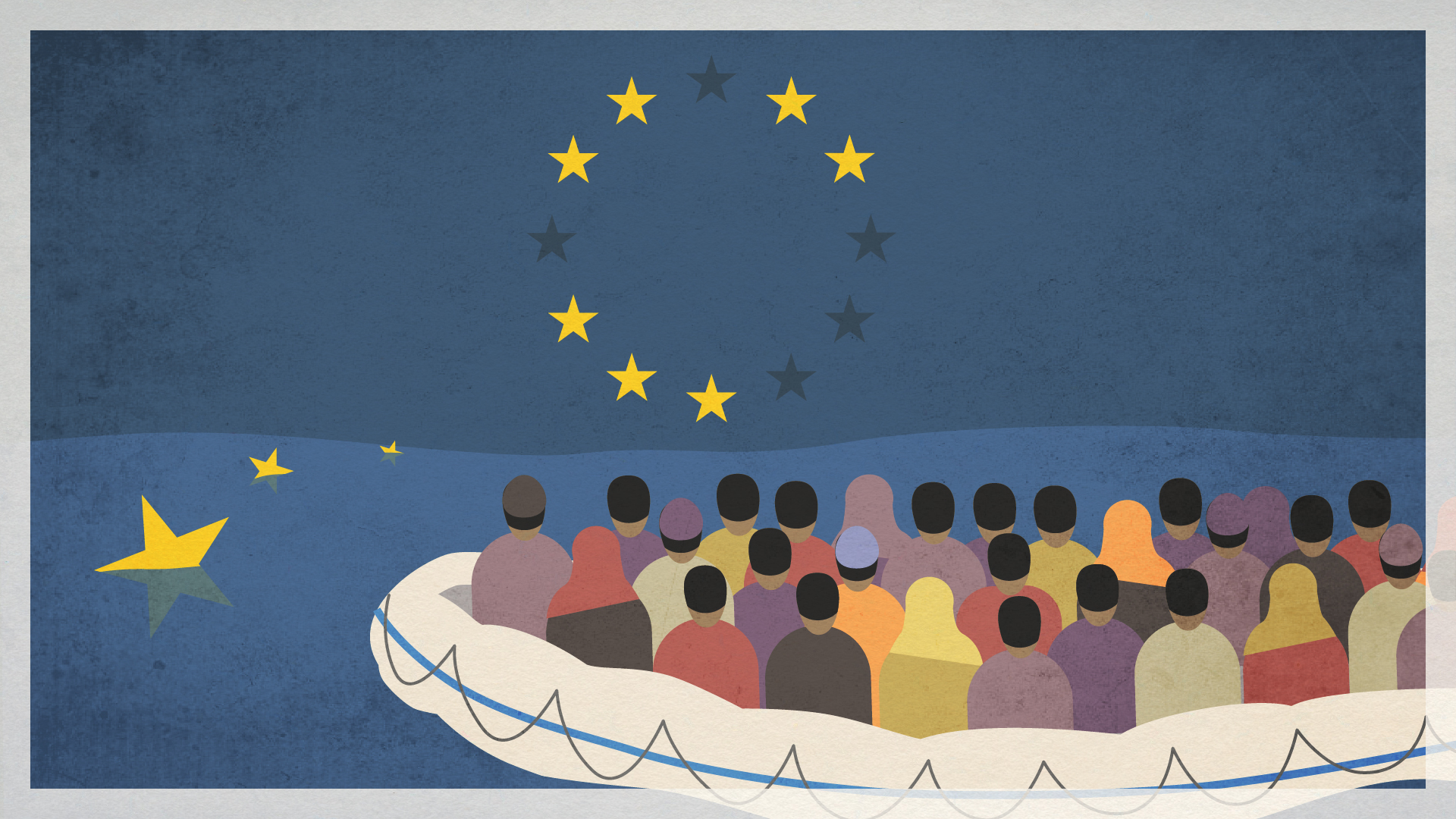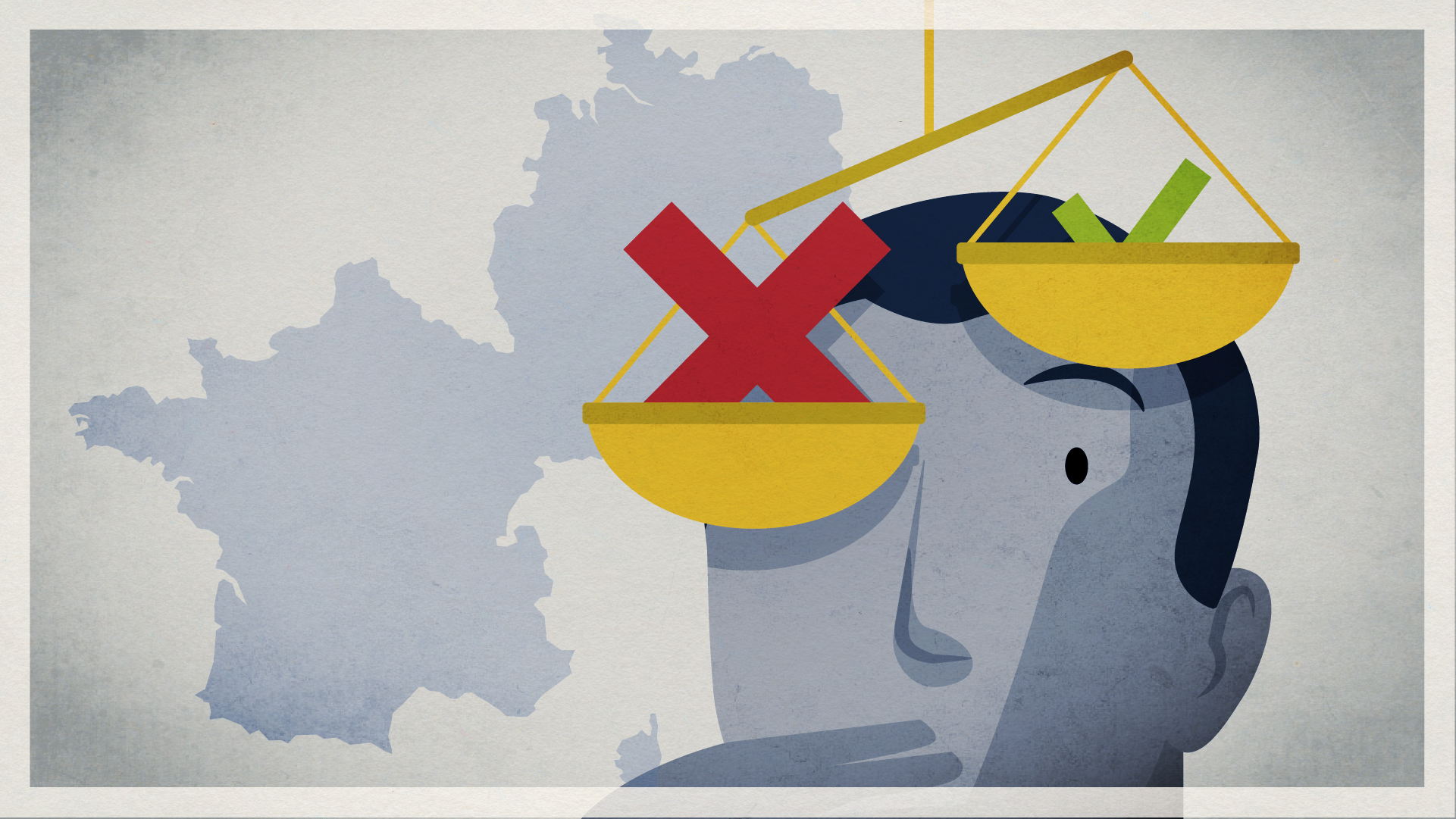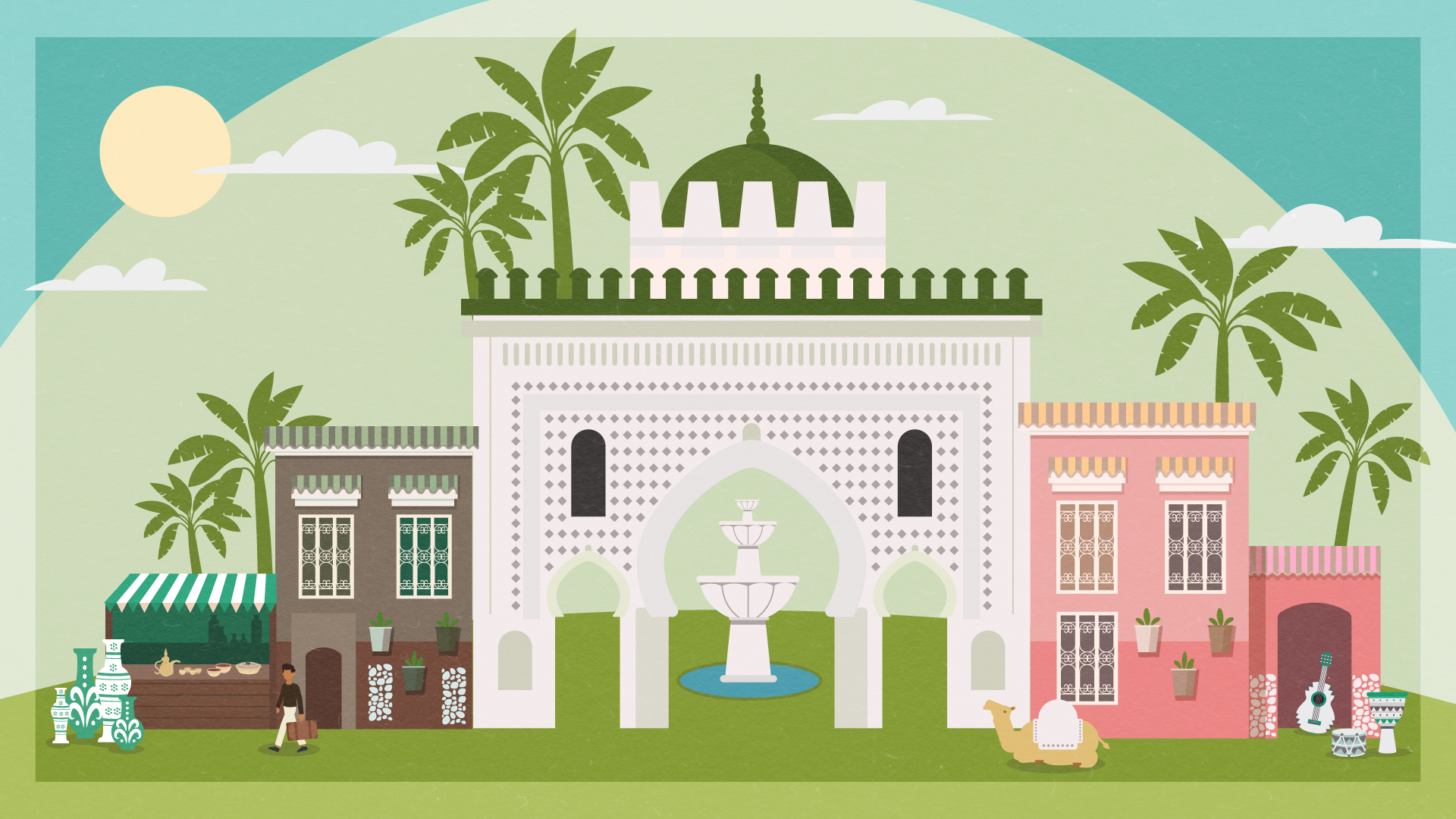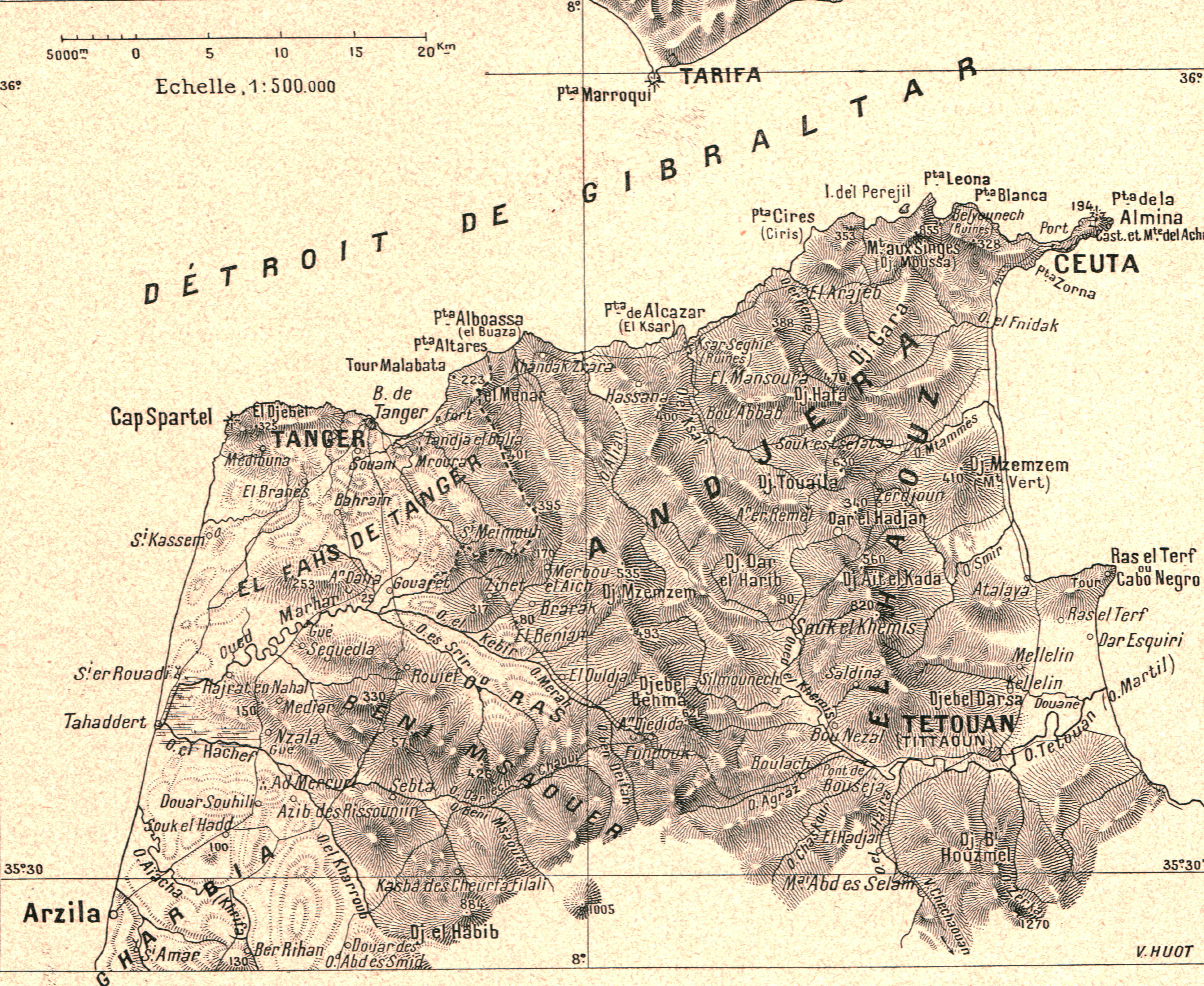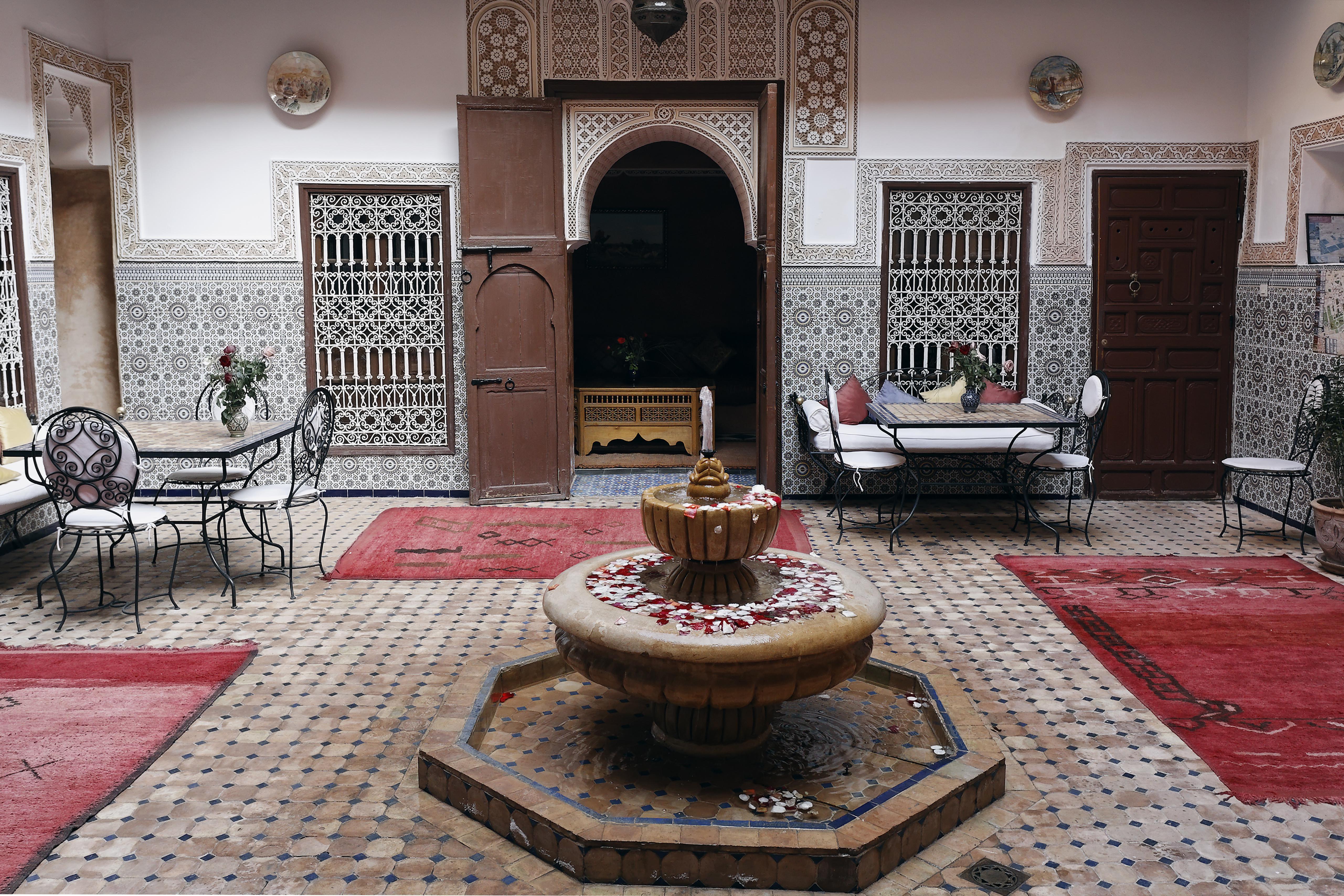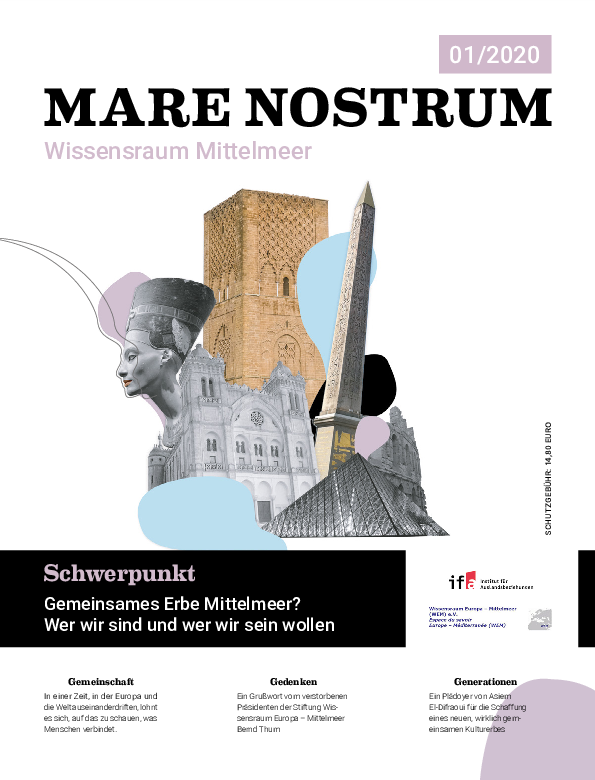What does Europe mean to different people? Let’s take PEGIDA, ‘Patriotic Europeans against the Islamisation of the Occident’. Its followers probably think Europe and the Occident are one and the same thing. This is the Europe that caused the deaths of millions of people in 1914/1918 and 1939/1945, committed mass murder against the Jews and other ethnic groups, promoted slavery, permitted genocide in Central America in the 16th century, and later went on to practically wipe out the native peoples of North America thanks to the advent of European immigrants. But mention that to a PEGIDA supporter and they react with outrage and astonishment. So let’s start somewhere else!
Apparently, borders are places manned by police and customs officers. But it’s not that simple. Borders can also be delineated by beliefs. Google Maps tries to be neutral by basing its maps on the UN’s boundaries. But schoolchildren in India and China are given totally different maps, with the same area marked as Indian in one and Chinese in the other. Once they grow up, they’ll be all set to take up arms and defend ‘their’ territory. So what about Europe – both internally and externally?
Schoolchildren in India and China are given totally different maps, with the same area marked as Indian in one and Chinese in the other.
Europeans have often imposed borders on other regions of the world, not only in Africa. IS regularly invokes the Sykes-Picot Agreement, which was secretly signed by France and Britain on 16 May 1916 and in which they set about carving up the Middle East. Even a country like France can’t be described as purely European. The French Republic includes the départements d’outre-mer: Guadeloupe, Martinique, Guyane and La Réunion. In geographical terms, only a tiny part of Turkey belongs to Europe, yet Europe includes a huge swathe of Russia. But where does it end?
For De Gaulle, it was: ‘L'Europe de l'Atlantique à l’Oural’ – from the Atlantic to the Urals. But when he actually flew over the fairly low Ural Mountains, he realised that although Siberia was on the other side, it was still part of Russia. The continent is made up of different nations, and within some of these nations there are groups of people who do not feel they really belong.
One country that deserves a special mention here is Poland. People have a very strong sense of belonging, partly because the country has been wiped off the map several times in the course of history, yet the Polish people have continued to exist in the face of oppression. It is also due to the way the border was redrawn between 1939 and 1945, resulting in losses to the east and territorial gains to the west, both of which involved forced expulsions.
How many people in Poland know that the victorious powers were largely unaware that there was an Eastern and Western Neisse? Between the two lay Silesia and the city of Breslau, today’s Wroclaw.
How many people in today’s Germany know that many of the Poles who settled in Silesia were themselves expelled from the Ukrainian or Russian part of pre-war Poland? And how many people in Poland know that the victorious powers were largely unaware that there was an Eastern and Western Neisse? Between the two lay Silesia and the city of Breslau, today’s Wrocław.
It was not too difficult for the people and nation to identify with the new territory. But Poland had three other identities. The first of these barely penetrated the public consciousness, either in Poland itself or in its neighbouring states.
Three million Jews were exterminated in Poland: Polish Jews and Jews from other countries who were brought to Treblinka, Sobibór, Majdanek, Chełmno and Auschwitz-Birkenau. Around 1980, Poland’s identity was transformed into that of a country with the first freedom movement to score a victory in the Soviet sphere of influence. Lech Wałęsa became the embodiment of his nation. But things have changed since then.
How many people in today’s Germany know that many of the Poles who settled in Silesia were themselves expelled from the Ukrainian or Russian part of pre-war Poland?
The power that oppresses freedom in Poland and thus violates the fundamental values of the European Union now wears the face of Jarosław Kaczyński. His name is no longer uttered in the same breath as Lech Wałęsa, but instead with Viktor Orbán, Vladimir Putin and Recep Tayyip Erdoğan. The weight of history continues to shape the spirits of today.
In Belgium, for a long time it was the Walloons who dominated social and economic life. Since then, the desire to emphasise the superiority of Flanders has been to some extent fuelled by feelings of revenge. In Ireland, the great famine of the 19th century was blamed on London. It caused countless deaths and mass migration to the United States and is at the heart of Ireland’s sense of identity.
It is questionable whether Belgium still actually exists. Two political communities with two different languages live side by side. Brussels constitutes a third area, the location of the rather powerless government that is supposed to somehow try to live up to Belgium’s motto: unity makes strength.
The Corsican-French contradiction is comparable to a Poland that wants less and less EU while still receiving the same subsidies from Brussels.
Since the recent regional reform, Alsace has been part of the Région Grand Est, along with Champagne. Strasbourg is the region’s capital, but nobody has an answer to the question: ‘What Alsatian characteristics will be preserved?’ The Concordat signed by Bonaparte in 1801 has applied ever since the separation of church and state in France in 1905, at a time when Alsace belonged to the German Empire. Priests, pastors and rabbis are paid by the state, and Strasbourg and Metz Universities are home to the only theology faculties in France.
The social security system here is also different from the sécurité nationale (‘la Sécu’) in the rest of the country. Even a series of laws introduced by Bismarck remain in force. How is it possible to justify these special rights within a unitary state like France? The Constitutional Council has come up with a rather strange argument in this respect: the situation can remain because no-one has ever objected to it!
But should Champagne now also be covered by the local laws that apply in Alsace? Or should there be two different regimes within the same region? In parallel, cross-border relations are growing stronger. Strasbourg and environs are building ever closer ties with the district of Ortenau in Germany. We could say that Lorraine is split in two. Metz goes with Luxembourg and Saarland, while Nancy is with Freiburg and Basel.
The majority of Scots want to stay in the EU. A new referendum on Scottish independence is in the air.
The Federal Republic of Germany has no such problems. The term ‘Free State’ used by Saxony and Bavaria is meaningless. Bavaria’s past no longer plays a major role, otherwise one would have to thank Napoleon for creating the Kingdom of Bavaria and never refer to Germany’s Basic Law, which Bavaria rejected. No one still wants to annex the Palatinate, and it is easy to forget that the Protestant region of Franconia is also part of Bavaria.
There is just one Bavarian law that has never been forgotten and is present throughout Germany: on 17 September 2016 Munich’s Oktoberfest was opened under the auspices of the Reinheitsgebot, the famous purity law that was enacted 500 years previously on 23 April 1516. This is how Bavaria’s identity is secured. Only the CSU seems to believe that Bavaria has been granted a special path beyond the community of Germany’s other federal states.
Source: Alfred Grosser (2017): Le Mensch. Die Ethik der Identitäten. Bonn: Dietz. Published with the kind permission of Dietz publishing house in Bonn.
